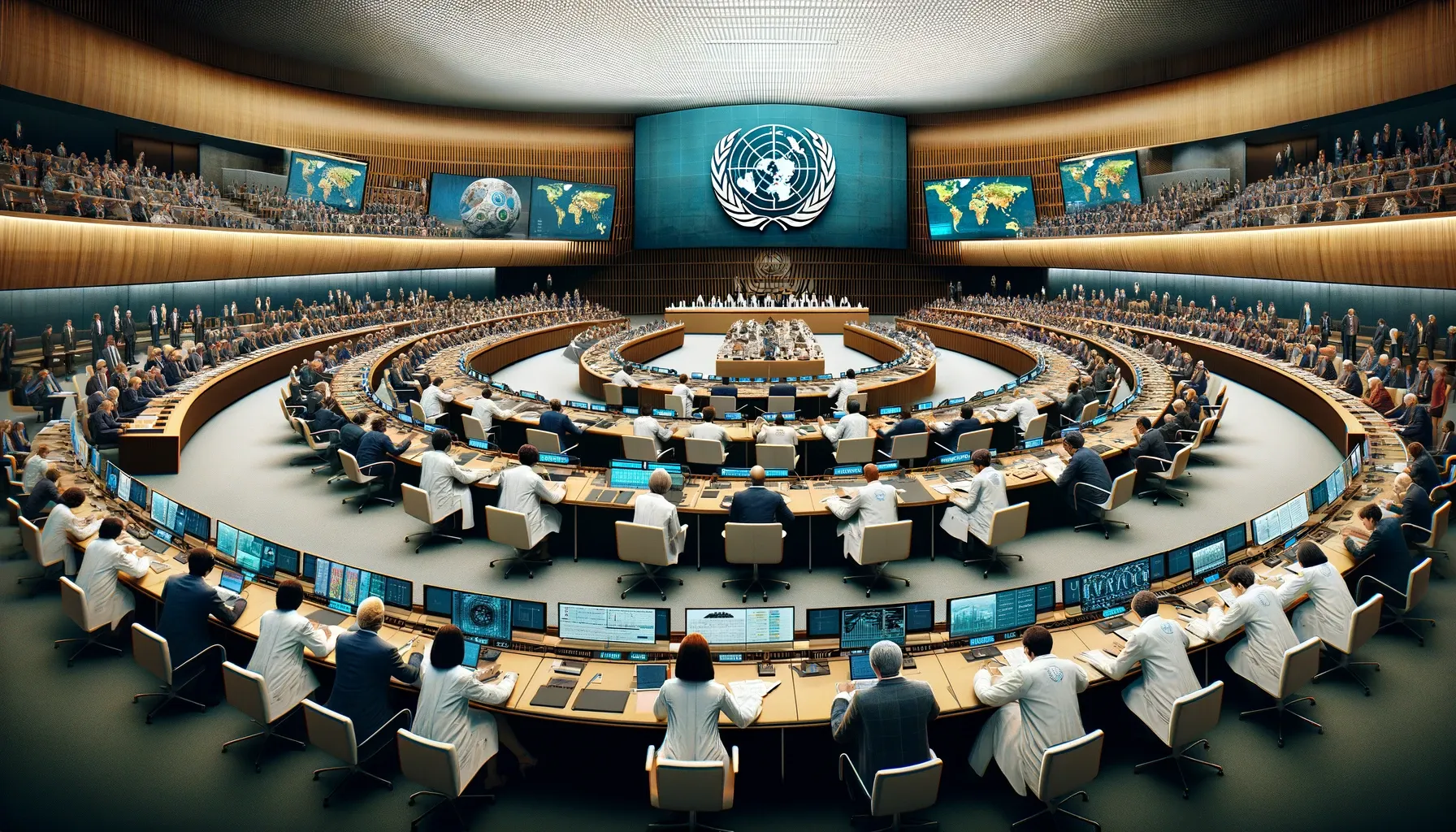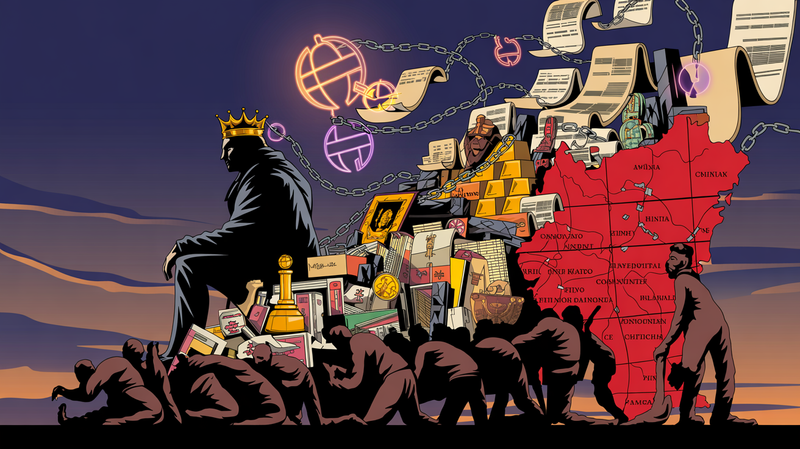The Loss of WHO Rapid Response and Expert Teams
The World Health Assembly convened this week in Geneva, Switzerland, aiming to finalize a new pandemic treaty for member approval. However, negotiations stalled due to fundamental disagreements on intellectual property rights, privileged access to pandemic-related materials such as vaccines, and the World Health Organization's (WHO) control over these
The World Health Assembly convened this week in Geneva, Switzerland, aiming to finalize a new pandemic treaty for member approval. However, negotiations stalled due to fundamental disagreements on intellectual property rights, privileged access to pandemic-related materials such as vaccines, and the World Health Organization's (WHO) control over these materials.
WHO Director-General Tedros Adhanom Ghebreyesus lamented this as a missed opportunity. However, it is actually a necessary pause, allowing for a reset of a process that has veered off course. After the Covid-19 pandemic, which killed millions and cost trillions, global leaders called for a legally binding agreement to apply the pandemic's lessons. These lessons were clear: to prevent and respond to future outbreaks, the world needs to act more promptly, transparently, and cooperatively in alerting governments and sharing critical data.
The faster the world detects and reacts to new pathogens, the quicker they can be defeated, potentially stopping a pandemic before it starts. If China had acted transparently and responsibly at the onset of Covid-19, as it had pledged to do, the pandemic might not have caused as much devastation. Instead, China was opaque and obstructive in the early weeks of the outbreak and still refuses to cooperate in efforts to clarify the disease's origins.
A viable pandemic treaty should ensure that other countries cannot repeat China’s actions without consequences. The initial draft of the treaty, released in February 2023, took steps toward this goal. It required nations to provide "rapid access" to outbreak areas and allowed "rapid response and expert teams" to assess and support responses to emerging outbreaks. It also required nations to quickly share genomic data of any "pathogens with pandemic potential."
These were precisely the steps China could have taken in late 2019. As detailed in a 2022 Senate report, epidemiological evidence indicates that Covid-19 began infecting people in Wuhan in October or November 2019, but China did not alert the international community until December 31. In early 2020, China delayed WHO requests for information and access, restricted data, and refused to cooperate with an independent WHO investigation into the disease's origins.
Preventing other governments from acting similarly should be the primary objective of a new treaty. However, successive drafts have strayed from this focus. The current treaty fails to require timely access for expert teams or specify obligations for full and timely disclosure of genomic data. There are also no consequences for failing to comply with existing obligations.
Instead, the agreement focuses on resource and technology transfers to developing countries, including China, encourages overriding intellectual property rights, and creates new WHO bureaucracy to oversee the distribution and manufacturing of pandemic-related materials like vaccines. This draft, originally meant to be finalized this week, now aims to agree on the "timing, format, and process to conclude the pandemic agreement."
This delay is not disappointing but necessary. The current draft will not prevent the next pandemic. The U.S. should not support a "pandemic treaty" that fails to address the real problems revealed by Covid-19.
A treaty to prevent future pandemics should galvanize the world. The nations negotiating this treaty, including the U.S., should return to the drawing board to craft a focused agreement addressing the international system's gaps that China exploited. Anything less is a missed opportunity and a disservice to Covid-19 victims.





